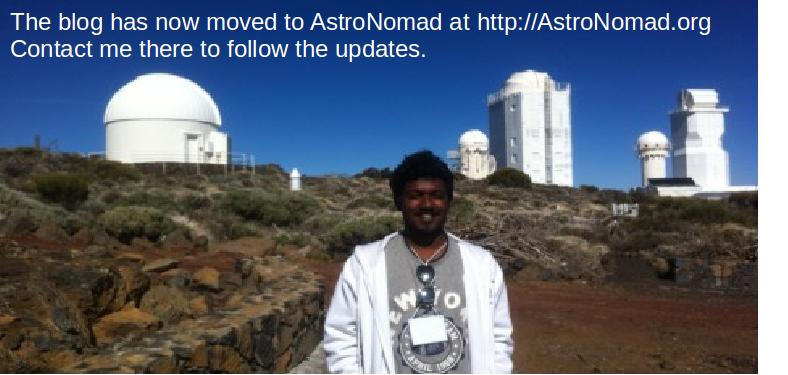Seeing the stars from earth is one thing but it is the dream of every young astronomer to one day be able to travel into space and gaze at them from beyond the sky. There is now a possibility that this dream will become a reality for some lucky Sri Lankans, as the country’s first space academy is planned for launch next year. It will be aided by the Chinese as part of a joint venture between the Great Wall Industry Corporation of China and Supreme Satellite Private Ltd Colombo and aims to inspire young people and increase their interest in space. The academy is planned for construction in Kandy and promises to make the city synonymous with space-related knowledge and technology. ‘It will use Chinese world-class expertise in space science to further boost the size and quality of Sri Lanka’s science and engineering pool,’ Supreme Satellite Private LTD Colombo managing director R.M. Manivannan told the
Business Times when asked about the project.
Training for Young People
The plans for the academy have received a favourable response and generated widespread excitement, with the
Sunday Observer pointing out that the world would have previously laughed at the Sri Lankan government if it had announced that Sri Lankans were going to build a plane, never mind develop a space academy. This project has been touted as a step that will help the country to shed its image as technologically lacking and hopefully cause it to emerge as a nation that is regarded as being comparatively advanced. The academy will be used to provide training for young people to handle satellite communication operations. Satellites are a valuable tool in
wireless business communications, amongst other things, and are an asset that most countries in the region do not possess. The only other nearby countries that have their own satellites are Pakistan and India. Plans are also underway to train Sri Lankans as astronauts and use them for future space missions.
The Academy
The proposed academy will include a state-of-the-art satellite ground station that will provide vocational training for Sri Lankans to control the satellites. This venture will see Sri Lankans uploading material to satellites for the first time in the country’s history. The signing of the agreement for the construction of the satellite to commence will take place next October and will see sixty million US dollars being injected into Kandy, which will be the largest foreign-funded private investment that Central Province has ever seen. It will also be the first Chinese investment to be made in Central Province.
Sri Lanka as a Knowledge Hub
The president has stated that he believes that this move will transform Sri Lanka into a ‘knowledge hub’, which is a sentiment that is being echoed across the country. It is likely to significantly increase the level of interest that the public displays in space and astronomy and capture the imagination of the nation. R.M. Manivannan has expressed the viewpoint that the academy will not only put Kandy on the world satellite map but also take Sri Lanka one step closer towards being the ‘wonder of Asia’. Deputy managing director of the Great Wall Industry Corporation of China Wang Zhongmin has promised that work will start on the construction of the satellite in January. People’s Republic of China vice minister of industries and information technology Chen Qiufa flew all the way from China to witness the plans for the academy being finalized and says that the space industry is important for the growth of the country’s industry. The Sunday Observer claims that it could trigger and promote growth in other areas and significantly benefit the Sri Lankan economy.
Final Thoughts
The plans for the space academy are exciting for both astronomers and Sri Lankans in general. They offer the possibility for space enthusiasts to one day become astronauts and explore the realm that they have spent so many nights gazing at through telescopes. The proposed project is also likely to create a surge in interest in all things space-related, which will get more young people involved in astronomy and increase the country’s knowledge of the stars, involving them in a rewarding pastime that will help to further their understanding of the universe.









